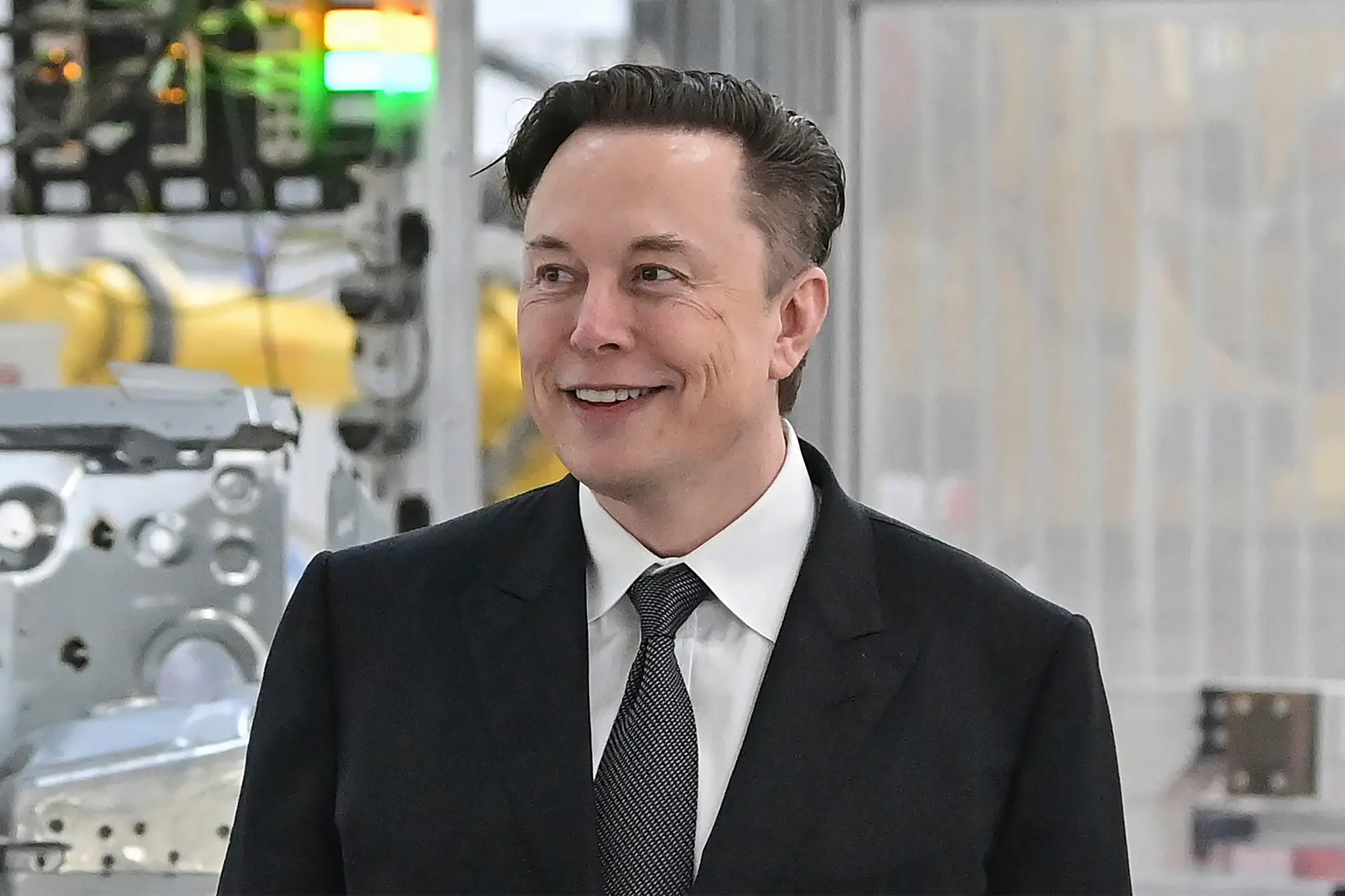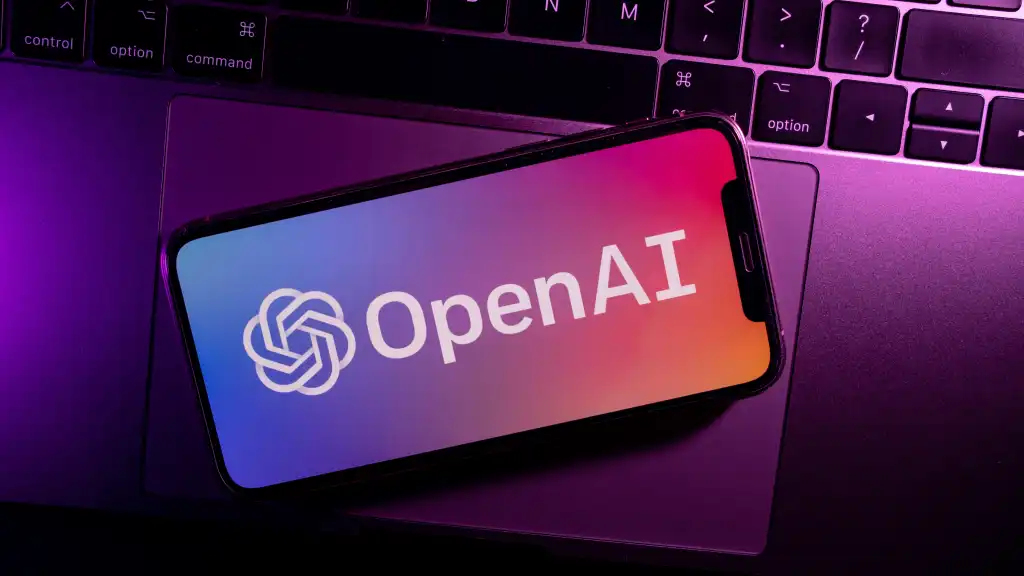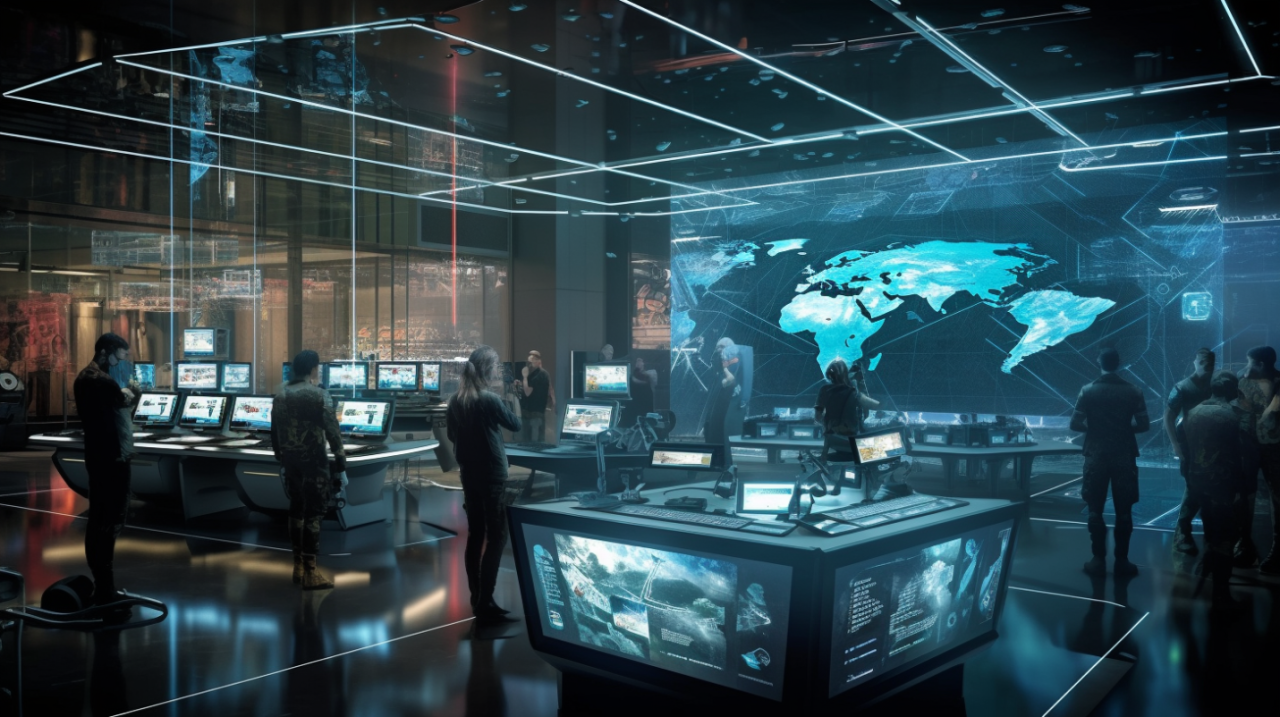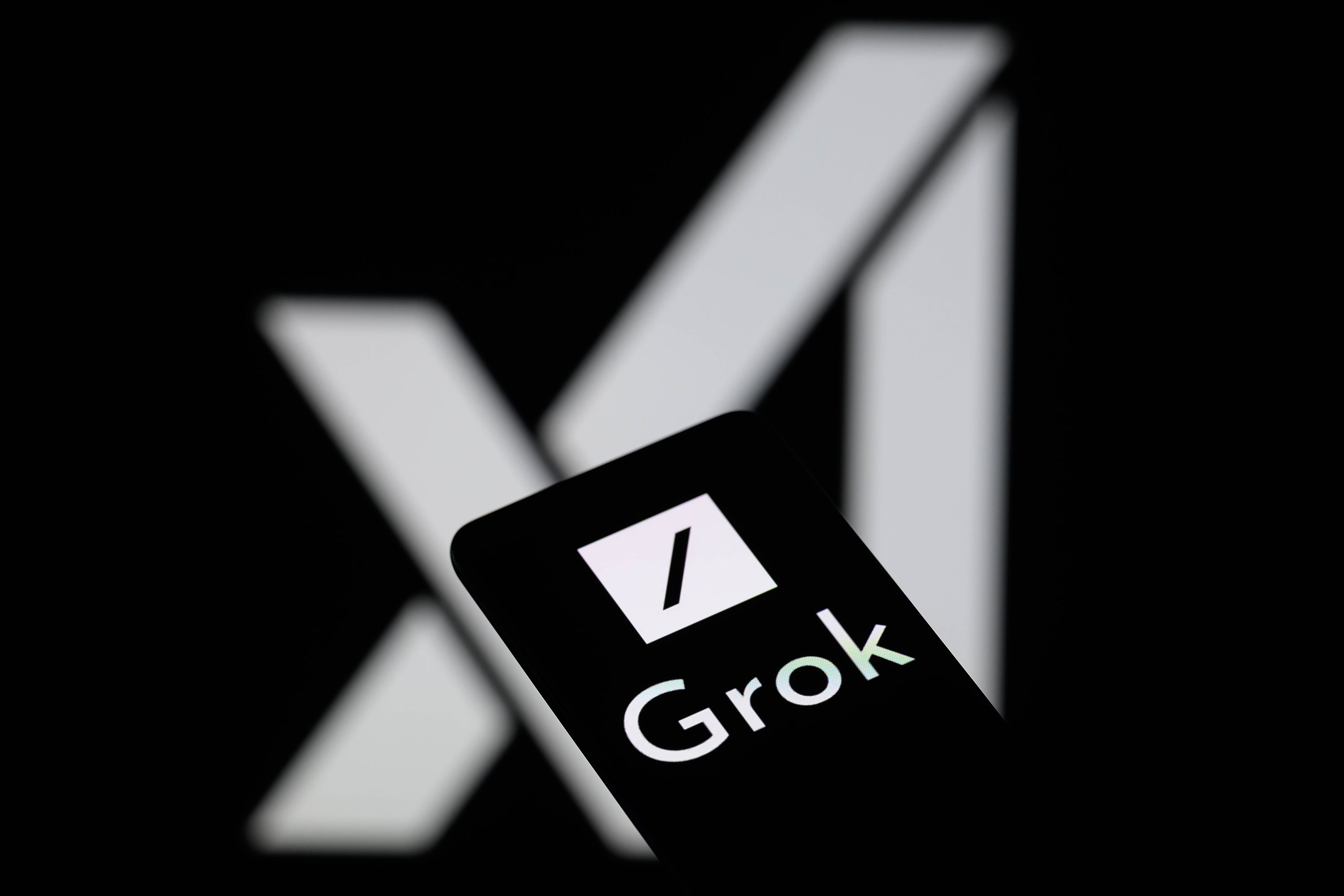
ChatGPT Sends Millions to Verified Election News, Blocks 250,000 Deepfake Attempts
AI
Zaker Adham
09 November 2024
04 August 2024
|
Zaker Adham
Summary
Summary
Elon Musk has long been vocal about Dojo, Tesla's AI supercomputer that is set to play a pivotal role in the company's AI strategy. Recently, Musk emphasized that Tesla's AI team will "double down" on Dojo as the company prepares to unveil its robotaxi in October.

But what exactly is Dojo, and why is it so crucial to Tesla's future?
In essence, Dojo is Tesla's custom-built supercomputer designed to train its "Full Self-Driving" (FSD) neural networks. Enhancing Dojo aligns with Tesla's ambition to achieve full self-driving capabilities and introduce a robotaxi to the market. Currently, FSD, which is installed in about 2 million Tesla vehicles, can perform some automated driving tasks but still requires human supervision.
Tesla postponed the robotaxi reveal from August to October, but Musk's public statements and insider information suggest that the pursuit of autonomy remains a top priority.
Tesla is poised to invest heavily in AI and Dojo to achieve this goal. Musk envisions Tesla not just as an automaker or a provider of solar panels and energy storage systems, but as an AI company that has mastered self-driving technology by mimicking human perception.
Unlike other companies developing autonomous vehicle technology, which use a combination of sensors like lidar, radar, and cameras, Tesla aims to achieve full autonomy using only cameras to capture visual data. This data is then processed by advanced neural networks to make real-time driving decisions. As Tesla's former head of AI, Andrej Karpathy, stated at the company's first AI Day in 2021, Tesla is essentially trying to build "a synthetic animal from the ground up."
While companies like Alphabet's Waymo have commercialized Level 4 autonomous vehicles, which can operate without human intervention under certain conditions, Tesla has yet to produce a system that doesn't require a human driver. Approximately 1.8 million people have subscribed to Tesla's FSD, which currently costs $8,000 and has been priced as high as $15,000. The promise is that Dojo-trained AI software will be delivered to Tesla customers via over-the-air updates. The extensive data collected from FSD users helps Tesla inch closer to achieving full autonomy.
However, some experts argue that there are limits to the approach of using vast amounts of data to improve AI models. Anand Raghunathan, a professor of electrical and computer engineering at Purdue University, told TechCrunch that there are economic constraints and potential limits to the usefulness of additional data. He noted that more data doesn't necessarily equate to more valuable information, and the training process must effectively distill useful information to improve the model.
Despite these concerns, the trend of using more data appears to be here to stay, at least in the short term. More data requires more computing power to store and process it, which is where Dojo comes in.

AI
Zaker Adham
09 November 2024

AI
Zaker Adham
09 November 2024

AI
Zaker Adham
07 November 2024

AI
Zaker Adham
06 November 2024